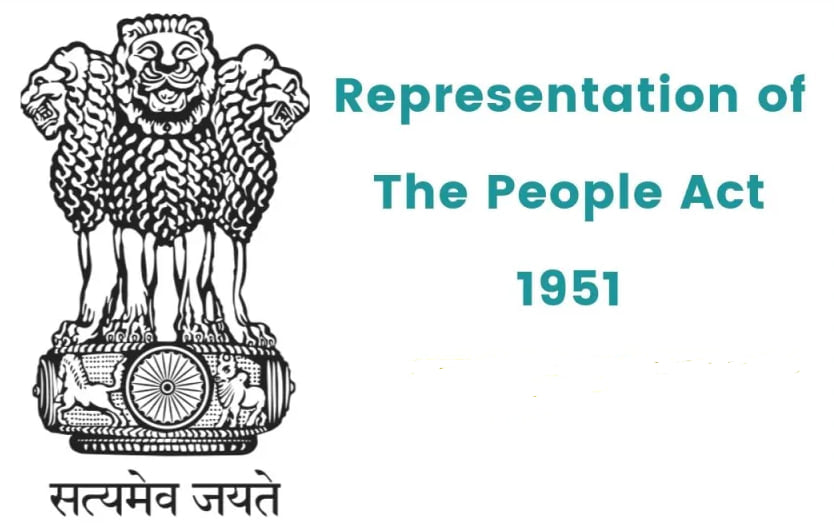
EDITORIAL: A STRONG CASE TO RESTORE SECTION 8(4) OF THE RP ACT
CURRENT AFFAIRS FOR 23RD AUGUST, 2023
EDITORIAL: A STRONG CASE TO RESTORE SECTION 8(4) OF THE RP ACT
The instant disqualification in Rahul Gandhi's case was because of the Supreme Court judgment in Lily Thomas vs. Union of India (2013). Through this judgment, the Court invalidated Section 8(4) of the Representation of People Act 1951, which had allowed a three month period within which to appeal. Disqualification was not to take effect in this period.
Thus, under that legal provision, there was no instant disqualification of sitting members of the legislature. But after the Court struck down the above provision, a sitting legislator is disqualified the moment the court orders conviction and sentence under Section 8(3) of the RPA.
The top court said that Article 102(1) does not create any difference between sitting member and a candidate so far as disqualification is concerned. It held that Parliament has no power to grant exemption to sitting members for three months and hence struck down Section 8(4) as ultra vires the Constitution.
Now, only Section 8(3) remains in the Act which deals with disqualification of persons convicted and sentenced to two years of imprisonment. It simply says that a person who is convicted of an offence and sentenced to imprisonment for not less than two years shall be disqualified from the date of conviction. Further, it is the President who shall disqualify him under Article 103.
The Secretariat of the House to which the member belongs has no recognizable authority to declare that a member stands disqualified.
It must be remembered that disqualification arises only when the sentence is imprisonment for two or more years. As the Court observed in Rahul Gandhi's case, if the period was less by one day the disqualification would not have occurred.
